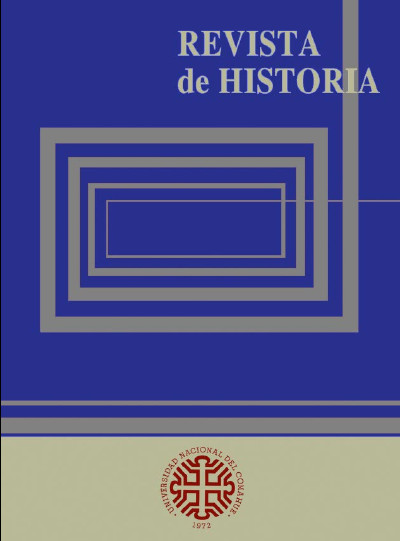Politics and Poetry in the Controversy about Identities in Neuquén
Keywords:
Neuquén, identities, politics, poetryAbstract
In this article we analyze some aesthetic expressions concerning the dispute over the forms of identity in Neuquén province (“neuquinidad”), which were produced at different times throughout fifty years: from the moment Neuquén became a province to the aftermath of the assassination of Carlos Fuentealba, in 2007. By reading selected poems, we find that they correspond to three
modes of “neuquinidad” and we develop a timeline to define each context and each identity form. Thus, we describe a primitive neuquinidad, as it is expressed in a poem of 1956, and we look into the tensions between an official neuquinidad –penned in a song– and an identity that emerges from the margins: the alternative or rebellious neuquinidad. In short, we hold: a) that the primitive neuquinidad is related to the moment when the provincial constitution is being drafted as an utopian enclave of social harmony; b) that the official neuquinidad, grown from within the State, be it during times of dictatorships or under constitutional administrations, embodies a reactionary identity, forged in the struggles against outsiders; and c) that the rebellious or alternative neuquinidad, linked to a counter-culture of protest, assumes a class
position and manifests itself as an anti-systemic horizon.
Downloads
Downloads
Published
How to Cite
Issue
Section
License
Nota de copyright
Obra disponible en acceso abierto bajo licencia Creative Commons Atribución-
NoComercial-SinDerivadas 2.5 Argentina (http://creativecommons.org/licenses/by-nc-nd/2.5/ar/)








